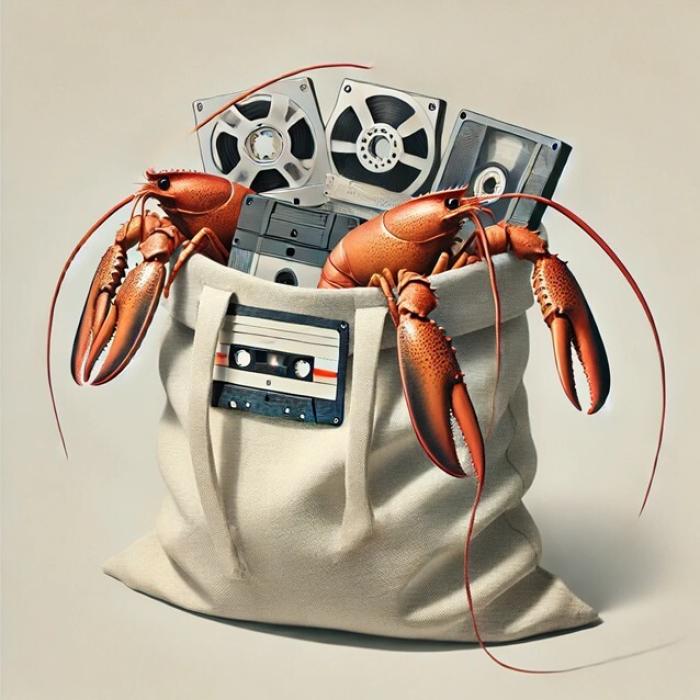“Analog Crawfish in Digital Sacks: Historical Folklore Text Corpora in a Contemporary Perspective”

The Archives of Latvian Folklore (LU LFMI) and the Faculty of Humanities at the University of Latvia invite proposals for the annual Krišjānis Barons scholarly conference, which will take place on 31 October 2025. This year’s theme encourages a critical re-evaluation of historical (19th century – first half of the 20th century) folklore text corpora.
We invite researchers to revisit the creation of these corpora, considering their complex cultural-historical contexts, the roles of individual collectors and scholars, and their legacy. The event will mark several key anniversaries: the 190th anniversary of Krišjānis Barons’ birth, the 110th anniversary of the completion of the Latvju dainas publication, and 100 years since the first volume of Latvian Folk Tales and Legends compiled by Pēteris Šmits was published.
Folklore documentation in Latvia began actively during the first National Awakening in the second half of the 19th century. The materials collected during this period formed the basis for several major text corpora, including Latvju dainas (1894–1915) compiled by Krišjānis Barons, Latvian Folk Tales and Legends (1891–1903) by Ansis Lerhis-Puškaitis, and Latvian Folk Music Materials (1894–1921) by Andrejs Jurjāns. Institutional and systematic collection efforts started with the founding of the Archives of Latvian Folklore in 1924, enabling the organized documentation, archiving, and classification of millions of folklore texts.
Over a century and a half, the accumulated material has grown to include not only classical folklore genres but also descriptions of everyday practices captured in both written and visual formats. The formation of these collections has been shaped by various factors: historical events, ideology, scholarly theories, funding, technology, as well as the personal interests, knowledge, and beliefs of collectors and researchers. Similarly, interpretations of these corpora and their creation processes shift over time, underscoring the importance of periodically reassessing their principles, the motivations of those involved, and the quality of their work from both historical and contemporary viewpoints.
We also welcome contributions addressing issues such as colonial and imperial traces in text corpora, the influence of literary and Song Festival traditions, the challenges of transcription, and the networks between collectors and researchers on national and international levels. Additionally, digital technologies in the late 20th and early 21st centuries have driven the digitization of extensive folklore collections, allowing for large-scale data analysis and algorithmic pattern recognition.
Understanding folklore collections as both published and unpublished corpora related to traditional culture and everyday life — including their digital counterparts — we especially encourage submissions on topics such as:
-
The creation of folklore collections or individual archives in political, ideological, institutional, cultural, and personal contexts;
-
Definitions and interpretations of folklore and how they affect the scope and quality of collections or publications;
-
The impact of technology on collection and publication practices, including issues of transcription and dissemination;
-
Digital humanities and historical folklore corpora: big data analysis, network analysis, artificial intelligence;
-
The role of individual scholars: researcher-driven collections;
-
Public involvement in the creation of both analog and digital folklore corpora.
Extended deadline for proposals: 16 May 2025.
Notification of acceptance: by 31 May 2025.
For questions, please contact: sandis.laime@lulfmi.lv
The title includes a paraphrased Latvian proverb, “Tie paši vēži citā kulītē” (“The same crawfish in a different sack”), which appears in 55 variants in the Archives of Latvian Folklore.